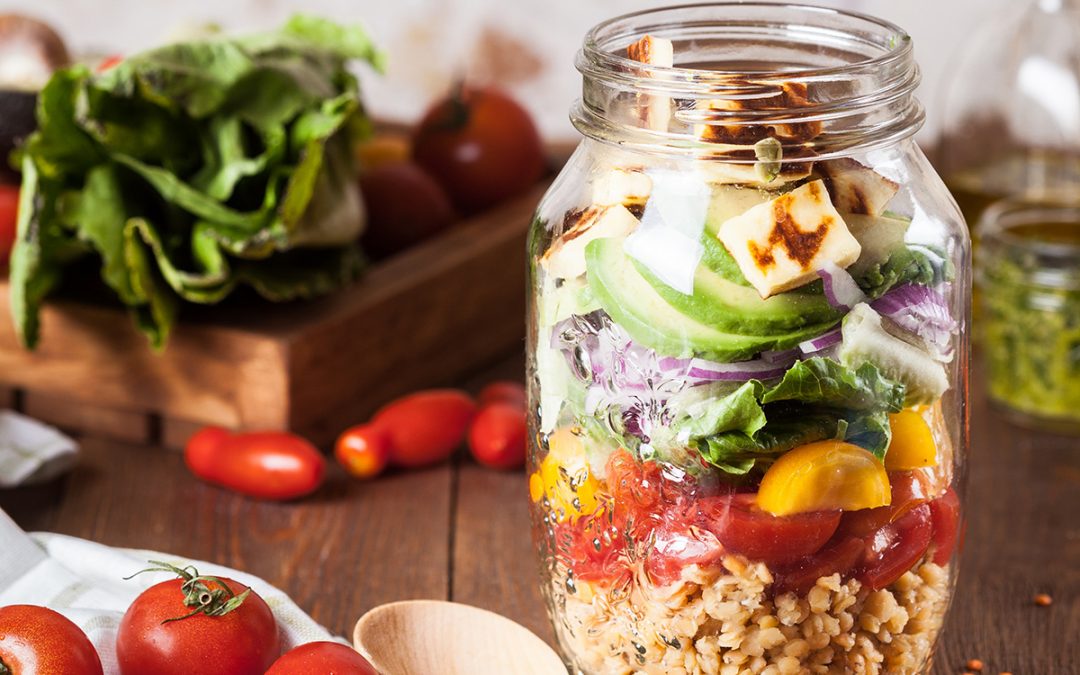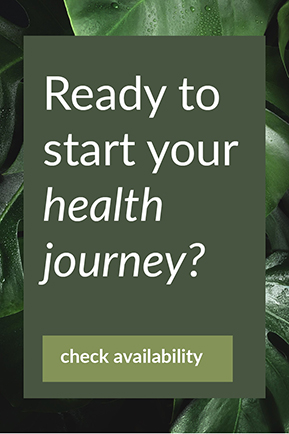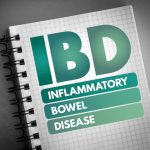Modern Science continues to develop a deeper and deeper appreciation of the microbiome’s power in all aspects of human health.
This delights me as naturopathic physicians around the globe have long known that correcting the ecosystem of the gut is of critical importance when treating any patient. From day 1 of my university degree in Health Science, I was educated about the enormous importance of our microbiome. Hippocrates, considered to be the father of conventional and naturopathic medicine back in 460-377 BC taught us that ‘all disease begins in the gut’ and the explosion of scientific studies in recent times, validates his ancient wisdom…..finally.
Introducing, your microbiome Family
Right now, your body is intrinsically linked and has a co-dependent relationship with a rich and diverse ecosystem of trillions of bacteria, fungi and other micro-organisms currently living within your digestive tract. These are called the gut microbiome or as I like to describe them – “your microbiome family”.
The old misconception of this amazing eco-system has seen us willy-nilly kill & destroy our “microbiome families” due to the narrow understanding of their importance in our lives. You will be shocked when you understand how much they are involved in your life and how very important it is for you to truly care for them. Your physical health depends on it as does your mental health, mood, longevity and intelligence. They are part of you, fact.
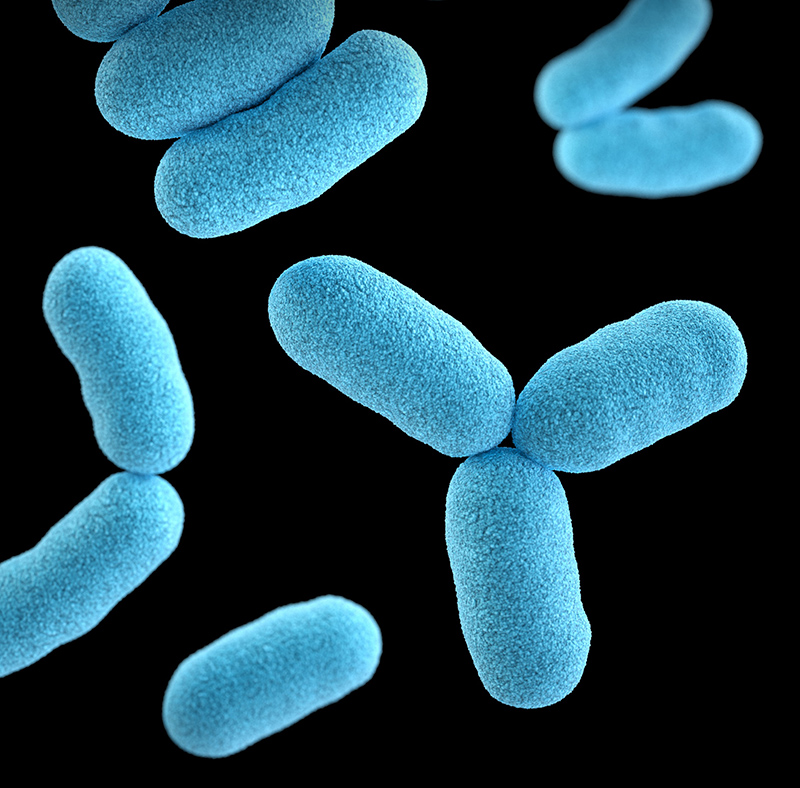
A balanced microbiome family is your best protection
Dysbiosis is a term used to describe an unbalanced “microbiome family”. In healthy people, there is a homeostatic balance between commensal (beneficial) and potentially pathogenic types of bacteria and other micro-organisms with no overgrowth of pathogenic species at play. This beautiful balance provides you, the host, with protection. Protection from foreign organisms doing damage and protection from disease.
Dysbiosis exists due to the loss of beneficial bacteria & micro-organisms or the excessive growth of potentially harmful organisms or the loss of overall diversity.
Unbalancing your “microbiome family” and therefore causing dysbiosis is easy to do. Factors such as an over-use of antibiotics, exposure to environmental toxins, stress and the typical western diet are all contributors.
Consequences of dysbiosis are far-reaching
The diseases implicated in dysbiosis of your gut “microbiome family” are growing each day due to extensive scientific research studies but include allergic disorders, inflammatory bowel disease (IBD), autoimmune conditions such as Hashimoto’s, Type 1 diabetes and Rheumatoid arthritis, obesity and Type 2 diabetes, Autism Spectrum Disorders, depression, anxiety, weakened immune system, colorectal cancer to name a few.
In addition, dysbiosis of your “microbiome family” may be related to your PCOS or hormonal conditions due to the important role they play in estrogen levels. Emerging evidence also confirms the gut-brain relationship and what this means is that your “microbiome family” talks with your brain and they talk a great deal, real chatty in fact! Dysbiosis changes the biochemistry of your brain unfortunately and can be related to all manner of mood disorders and behaviours.
What can you do to keep your microbiome family happy?
Whilst it depends on the level of damage, from today the following KPI’s would be a wonderful start in caring for your gut “microbiome family”:
- Always follow antibiotic use with probiotics and prebiotics to feed and support the return of important microbiome species killed by antibiotics & don’t forget that antibiotics kill both bad and good species so use them wisely.
- Consume prebiotic foods and high fibre foods as they are a food source for your microbiome family and in feeding, they produce beneficial chemicals that your body needs. Prebiotic foods include onion, shallots, leeks, garlic, cabbage, asparagus, beetroot, fennel, snow peas, jerusalem artichokes, oats, chickpeas, lentils, red kidney beans, nuts and seeds, celery, bananas, zucchini, broccoli, kiwi-fruit.
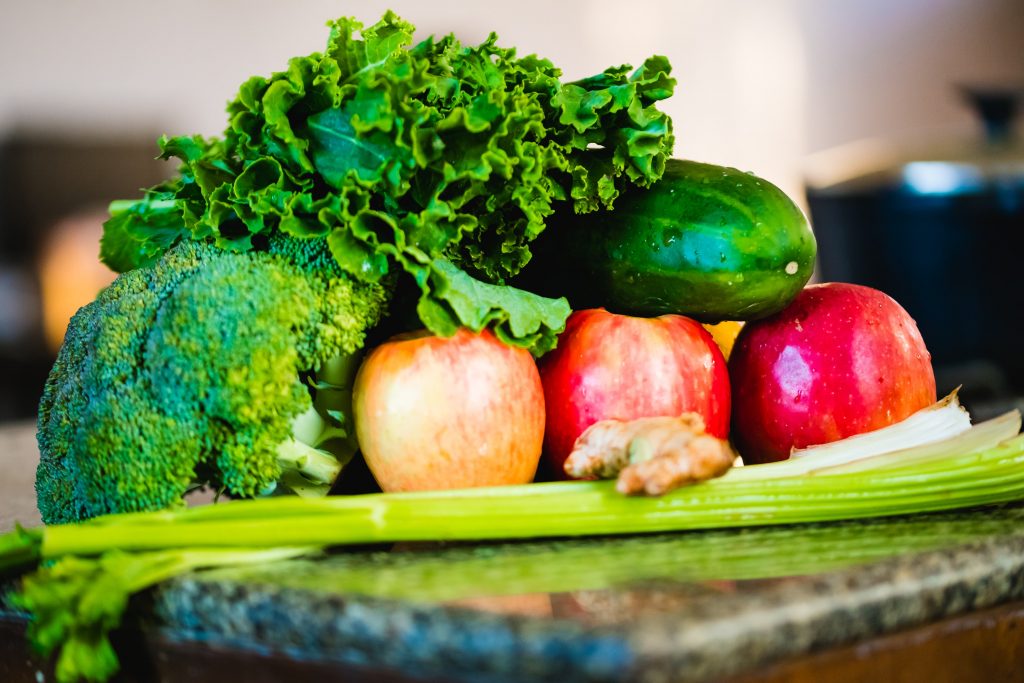
- Add Probiotic rich foods to your weekly menu. Probiotics are live microorganisms in certain foods and are like employing a temp if a staff member goes on holiday. They can do the job whilst your own microbiota are given the time to grow in numbers due to the prebiotic foods you are feeding them. You can find probiotics in natural yoghurt, apple cider vinegar, pickled gherkins, kimchi, miso soup, sauerkraut, tempeh, kefir and kombucha.
- Stop eating so much processed foods and refined sugar. Be careful when eating conventional meat and eggs as they contain antibiotics that kill good and bad bacteria, buy organic fruit & veggies if possible, or at least thoroughly wash them as conventional varieties are lathered in pesticides which damage your good bacteria.
- Work hard to put in place ways to reduce the stress in your life. Stress turns off digestion and has a massive impact on your gut “microbiome family”.
Loving and nurturing your gut “microbiome family” is a wonderful thing to do for yourself. I hope you can see this now. Any dysbiosis might be contributing to your current health issue or you might be feeling mentally low. As a naturopath, I am very well qualified in this field and can also arrange detailed microbiome testing to help you make necessary changes so that your gut “microbiome family” can flourish. If you love them, they will love you back I promise.
To book your one-on-one consultation with Performance in Health, the award winning Sydney naturopath, use the form to book here for instant confirmation.
References
Carding, S., Verbeke, K., Vipond, D. T., Corfe, B. M., & Owen, L. J. (2015). Dysbiosis of the gut microbiota in disease. Microbial ecology in health and disease, 26, 26191. https://doi.org/10.3402/mehd.v26.26191
Davani-Davari, D., Negahdaripour, M., Karimzadeh, I., Seifan, M., Mohkam, M., Masoumi, S. J., Berenjian, A., & Ghasemi, Y. (2019). Prebiotics: Definition, Types, Sources, Mechanisms, and Clinical Applications. Foods (Basel, Switzerland), 8(3), 92. https://doi.org/10.3390/foods8030092
DeGruttola, A. K., Low, D., Mizoguchi, A., & Mizoguchi, E. (2016). Current Understanding of Dysbiosis in Disease in Human and Animal Models. Inflammatory bowel diseases, 22(5), 1137–1150. https://doi.org/10.1097/MIB.0000000000000750
Durack, J., & Lynch, S. V. (2019). The gut microbiome: Relationships with disease and opportunities for therapy. The Journal of experimental medicine, 216(1), 20–40. https://doi.org/10.1084/jem.20180448
Flores, R., Shi, J., Fuhrman, B., Xu, X., Veenstra, T. D., Gail, M. H., Gajer, P., Ravel, J., & Goedert, J. J. (2012). Fecal microbial determinants of fecal and systemic estrogens and estrogen metabolites: a cross-sectional study. Journal of translational medicine, 10, 253. https://doi.org/10.1186/1479-5876-10-253
Liu, R., Zhang, C., Shi, Y., Zhang, F., Li, L., Wang, X., Ling, Y., Fu, H., Dong, W., Shen, J., Reeves, A., Greenberg, A. S., Zhao, L., Peng, Y., & Ding, X. (2017). Dysbiosis of Gut Microbiota Associated with Clinical Parameters in Polycystic Ovary Syndrome. Frontiers in microbiology, 8, 324. https://doi.org/10.3389/fmicb.2017.00324

